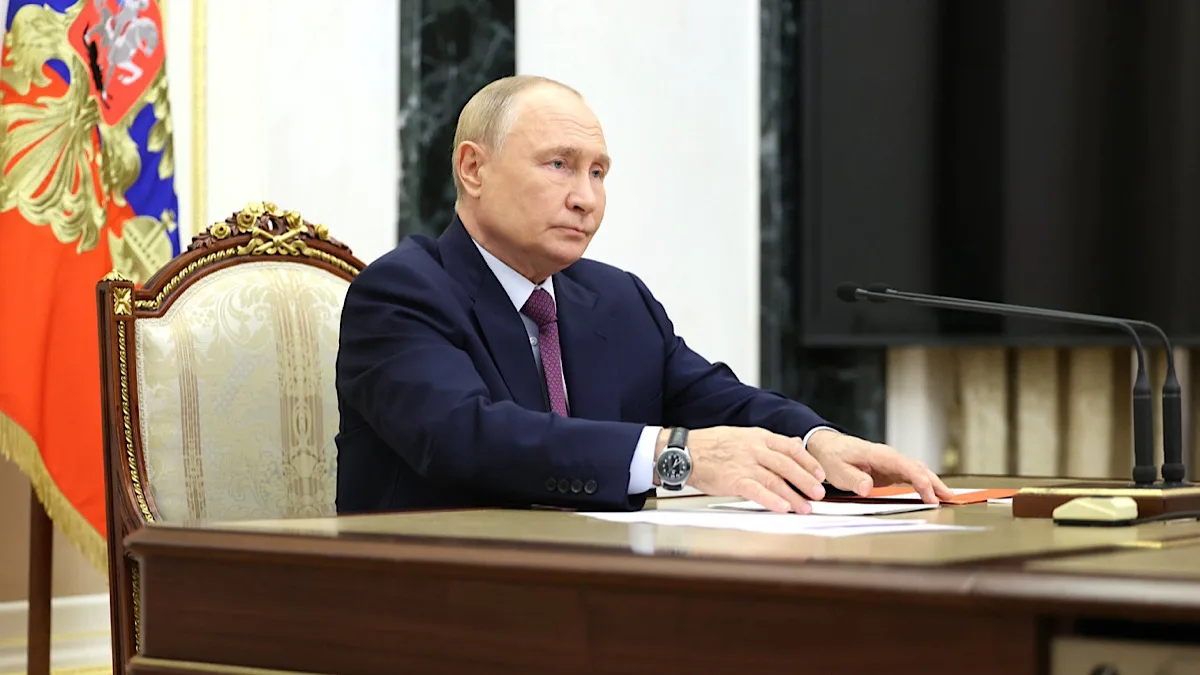In the labyrinth of modern geopolitics, wars often endure not merely because of entrenched hatred but because their prolongation serves the strategic, political, and personal interests of the key players involved. The ongoing Russia–Ukraine conflict and the more recent Israel–Hamas war illustrate how leaders like Vladimir Putin, Volodymyr Zelensky, Benjamin Netanyahu, and the Hamas leadership—along with influential external actors such as former US President Donald Trump—find reasons to keep the fires of conflict burning despite the devastating human toll.
Putin and Zelensky: Calculated Endurance
Advertisement
For Vladimir Putin, the war in Ukraine is not just a military campaign—it’s a cornerstone of his vision to restore Russia’s great-power status and deter Western influence. Prolonging the conflict allows Moscow to maintain pressure, negotiate from a position of strength, and sustain domestic narratives of external threat and national pride. The war consolidates Putin’s grip on power by rallying nationalist sentiment and distracting from internal economic and political woes.
Volodymyr Zelensky, meanwhile, balances on a razor’s edge. The ongoing conflict keeps Ukraine firmly in the international spotlight, justifying continued military and financial support from Western allies. Zelensky’s legitimacy, in part, hinges on being the resilient defender of Ukrainian sovereignty. However, the war’s duration also risks eroding public patience and economic stability, making Zelensky’s calculus one of cautious endurance rather than swift resolution.
Netanyahu and Hamas: Power, Politics, and Survival
The Israel-Hamas conflict, while more episodic, has similarly been sh
aped by interests in prolonging hostilities. Benjamin Netanyahu’s political survival has often been tied to strong security postures. Periods of conflict can bolster nationalist support, distract from domestic political challenges, and justify hardline policies. Hamas, on the other hand, uses conflict to assert its relevance, rally support among Palestinians, and negotiate from a position of resistance against what it frames as occupation.
Although recent developments suggest a relative lull, the underlying political and ideological drivers remain unresolved, making the cessation of hostilities fragile and contingent.
Trump’s Role: The Outsized Influence of a Political Maverick
Enter Donald Trump—a figure whose interventionist rhetoric and unpredictable diplomacy have added new layers to these conflicts. Trump’s claims of brokering peace deals or influencing foreign policy often serve his domestic political agenda, projecting strength and international influence. His statements, whether about India’s oil purchases from Russia or the dynamics of Middle East conflicts, inject volatility and uncertainty.
Trump’s approach amplifies divisions, complicates traditional diplomatic efforts, and keeps conflicts in the news cycle—benefiting his image as a dealmaker while adding complexity to peace prospects.
Why Wars Linger: A Tragic Convergence of Interests
The prolongation of these conflicts reveals a tragic convergence where war becomes a tool for political legitimacy, strategic leverage, and identity assertion. For leaders on all sides, ending the war prematurely risks losing domestic support, bargaining power, or strategic advantage. External actors like Trump further muddle the waters, turning wars into stages for personal and political showmanship.
The human cost—millions displaced, thousands dead, economies shattered—often takes a back seat to this deadly calculus. For peace to prevail, it is essential to recognize these underlying incentives and address them through sustained, nuanced diplomacy that transcends rhetoric and power plays.
As long as war serves political ends, the path to peace remains fraught. Only when the true price of conflict outweighs its perceived benefits will these leaders find the courage to step off the battlefield and lead their people toward reconciliation and rebuilding.
